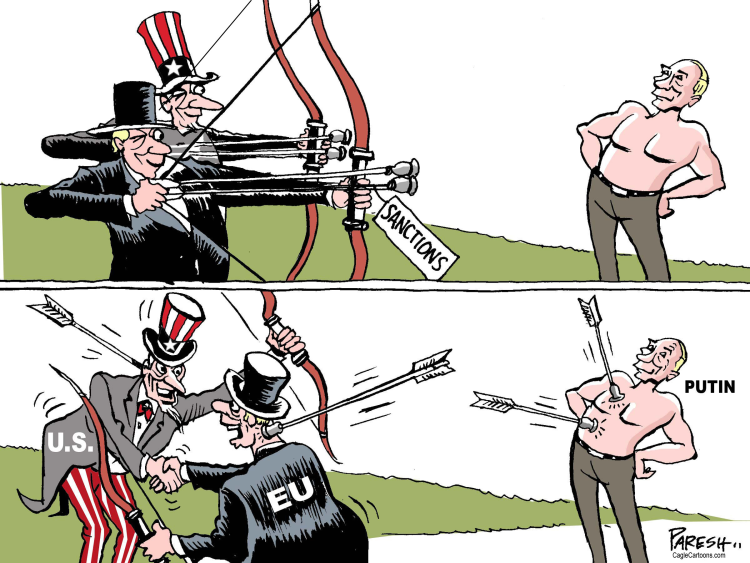
This When It Is Known That Sanctions Have Not Worked
On November 2, the Biden administration announced a sweeping new round of sanctions on Russia, which was already the most sanctioned country in the world.[1]
According to Reuters, the new sanctions targeted 90 entities and individuals, including a liquefied natural gas (LNG) project in Siberia in which the French energy giant Total had a 10% stake, and defense industries that procured parts used in the production of suicide drones.
Seven Russia-based banks and dozens of industrial firms were also hit with sanctions by the Treasury Department, including Gazpromneft Catalytic Systems LLC, which Treasury said manufactures chemical agents for advanced oil refining in Russia.
Dozens of individuals and companies in Turkey, the United Arab Emirates (UAE) and China are additionally targeted by the new sanctions in an attempt to dissuade them from trading with Russia.
Treasury Secretary Janet Yellen said that “our global sanctions coalition has choked off Russia’s access to key inputs for its military industrial complex and has undermined the Kremlin’s ability to wage its unprovoked war. Today’s actions demonstrate our further resolve in continuing to disrupt every link of the Russian military supply chain, and target outside actors who would seek to support Russia’s war effort.”
Russian ambassador to the U.S. Anatoly Antonov said by contrast that the new sanctions were part of a “frontal assault” on Russia’s economy, which continues, despite its being harmful to the U.S. “Over the past years, the U.S. administration has done literally everything to curtail mutually beneficial Russian-American cooperation in the trade and economic sphere. Moreover, Washington is doing this to the detriment of its interests.”
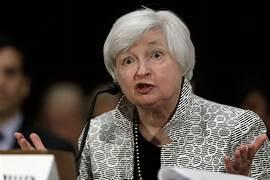
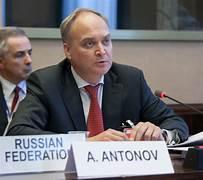
Indeed, in the last few years, hundreds of U.S. companies have left Russia,[2] while Russia has redirected its trade to China, America’s geopolitical rival. China today accounts for 20% of Russia’s exports and 35% of its imports. Trade between the two countries has surpassed $190 billion per year, with the renminbi supplanting the U.S. dollar as Russia’s most heavily traded currency.[3]
Economic Carpet Bombing
Prior to this latest round of sanctions, Russia was already the most sanctioned country in the world with more than 3,119 Russian companies and at least 9,669 Russian individuals on the sanctions list. More than 10,000 sanctions have also been applied over the last nine years.[4]
One analyst has likened the sanctions to the “economic carpet bombing of Russia,” and another to a “weapon of mass destruction.”[5]
The explicit goal, outlined in a Hudson Institute report, is to destroy Russia’s economy and “prepare for the dissolution of the Russian state.” The sanctions have indeed caused serious harm to Russia’s economy, causing a drop in GDP and helping U.S. LNG producers to gain the upper-hand over European markets.
Vladimir Putin’s government, however, has adapted by subsidizing local industries and technological development, nationalizing select industries, and expanding Russia’s trade with China and BRICS countries and with the Eurasian Union.[6]
In 2023, the International Monetary Fund (IMF) projected Russia’s economic growth at 1.5%. A leading wheat, oil and natural gas and fertilizer exporter and supplier of enriched uranium for nuclear energy power plants, Russia stands today as the fifth largest economy in the world and largest in Europe. Its foreign trade grew by 8.1% in 2022 reaching $850.5 billion, and its total wealth grew by $600 billion in 2022.[7]
These figures indicate that the strategy of trying to weaken Russia’s economy and fuelling social unrest leading to Putin’s downfall had failed. Putin’s adaptive response to the sanctions, rather, has enabled him to bolster his legitimacy in confronting a foreign threat that is very real in the eyes of most of the Russian population.
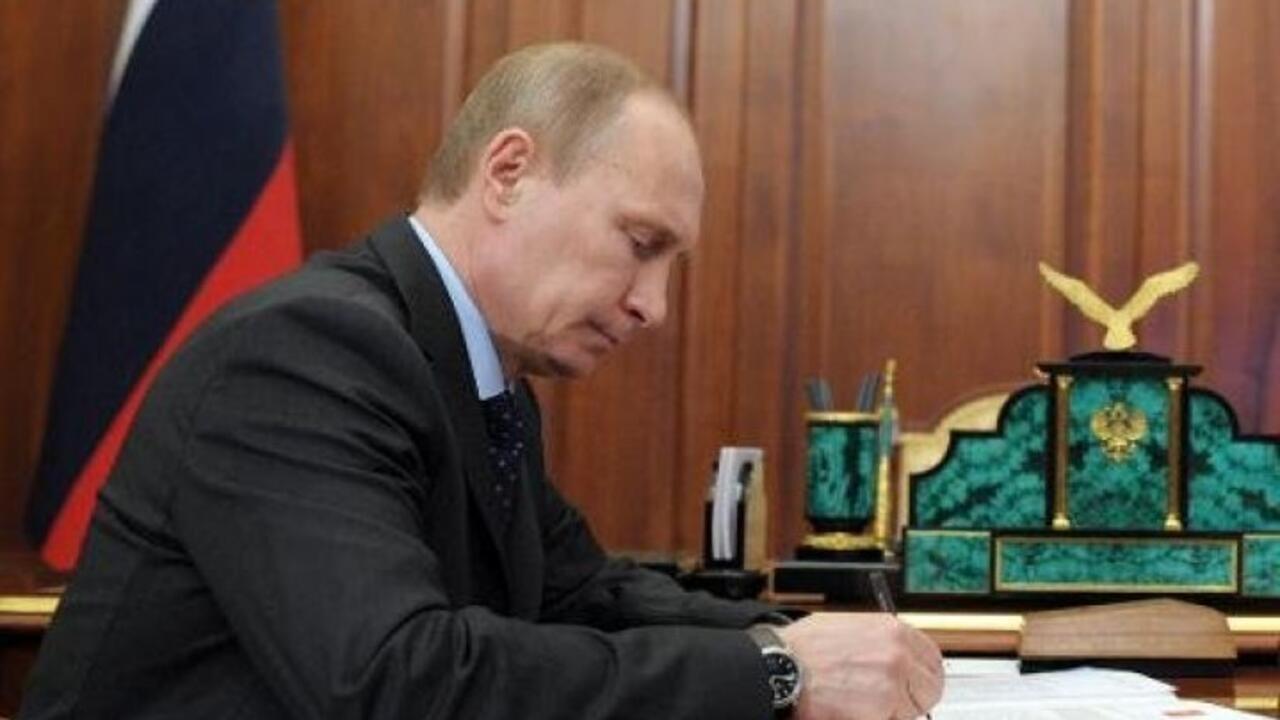
Fraudulent Pretexts
The original U.S. sanctions bill targeting Russia that passed Congress in December 2012 was named after a Russian accountant, Sergei Magnitsky, who supposedly helped uncover a massive corruption scam by the Russian government and was then murdered in prison.
In real life, Magnitsky likely died of a heart attack and was an expert in tax evasion practices. He is suspected of helping an American hedge-fund billionaire named Bill Browder to perpetrate a scam that robbed the Russian government of $230 million.
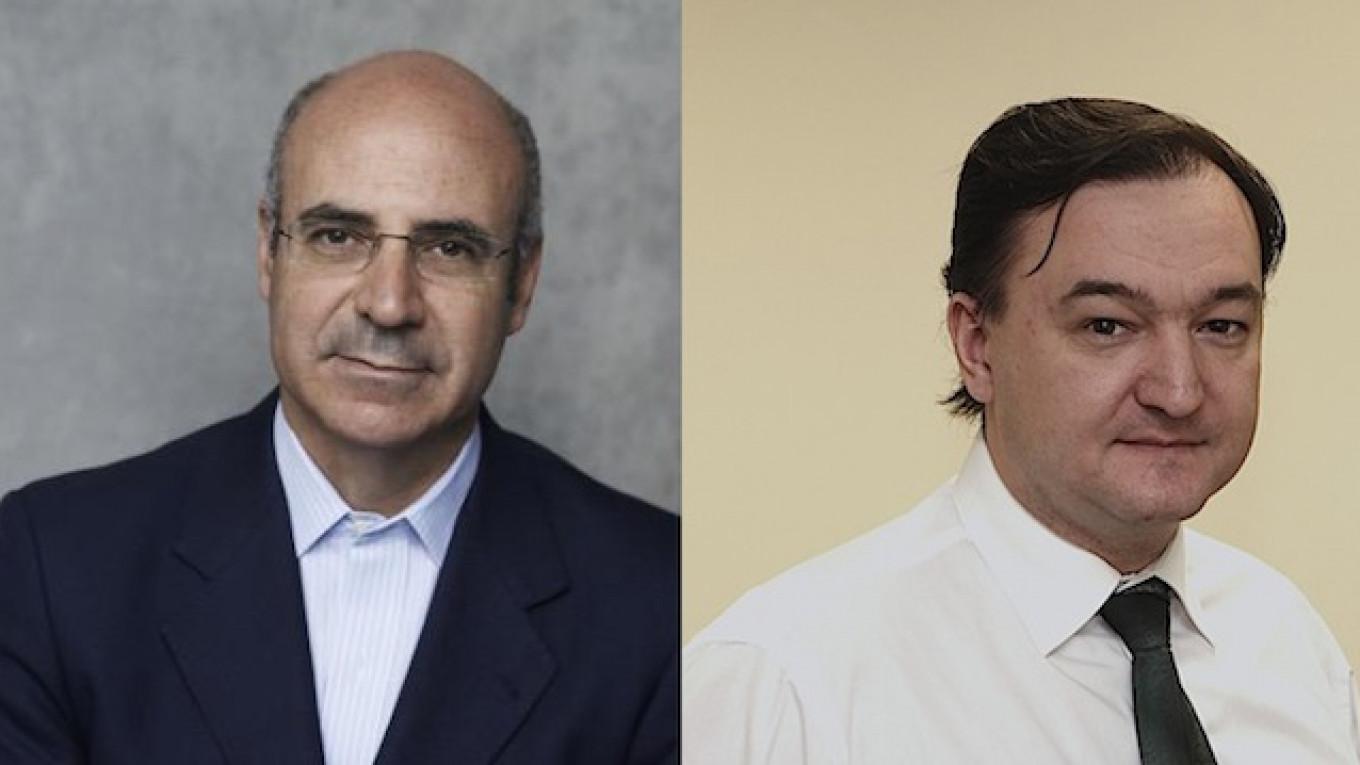
Browder—ironically, the grandson of former Communist Party USA leader Earl Browder—was a key lobbyist for the Magnitsky bill. He funded Democratic Party politicians who supported it like Ben Cardin (D-MD) through the Ziff Brothers financial house.

According to investigative reporter Lucy Komisar, Ziff Brothers participated in Browder’s tax evasion practices in Russia and illegal attempts to gain control of Gazprom, the major Russian state-owned oil company, as investors in Hermitage Capital, which was owned by Browder.

The Browder/Magnitsky hoax set a pattern—unrecognized in the mainstream media or academia—by which the U.S. has consistently ratcheted up sanctions on Russia based on fraudulent pretexts or uncorroborated accusations directed against Russia.
For example, the U.S. applied sanctions against Russia following the downing of Malaysia Airlines Flight MH17 in July 2014, which was blamed on Russia but had to have been committed by the Ukrainians.
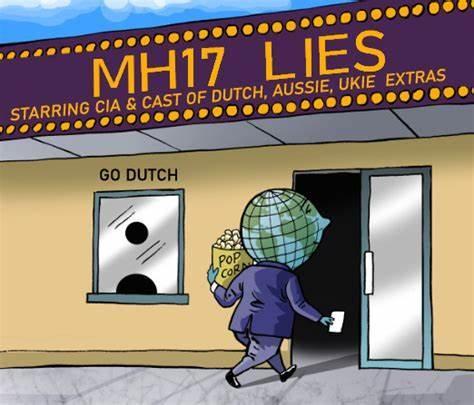
More sanctions were applied following the poisoning of Russian double agent Sergei Skirpal, which had all the hallmarks of a British intelligence operation designed to frame Russia; and after the fake poisoning of Russian opposition leader Alexey Navalny, a white-collar criminal espousing far-right political views.[8]
Additional sanctions were applied owing to a) Russia’s alleged interference in the 2016 U.S. election, which was never actually established; b) its supposed aggression in Crimea when Crimeans voted to rejoin Russia following an illegal U.S.-backed coup in Ukraine; and c) in response to alleged Russian atrocities in Bucha, a suburb of Kyiv, which independent analysts said had to have been committed by Ukraine’s neo-Nazi Azov Battalion.
The War By Other Means
Angela Borozna and Lada Kochtcheeva are about to publish an illuminating new book I was asked to review entitled The War By Other Means: Western Sanctions on Russia and Moscow’s Response (Palgrave Macmillan, forthcoming). It shows how Russia has survived being the most sanctioned country in the world by reorienting its trade toward the East and other Eurasian countries and through import-substitution policies and investment in local industries.


Borozna and Kochtcheeva detail how the U.S. expanded sanctions considerably following Russia’s Special Military Operation (SMO) in Ukraine, which the U.S. helped to provoke, freezing Russia’s access to its foreign reserves and imposing unprecedented export control measures while attempting to atrophy Russia’s industrial base.
The terrible human cost was epitomized by the 28 airplane crashes in Russia in 2022 that resulted from a shortage of airplane parts.[9]
U.S. President Joe Biden bragged about how the Russian economy was reeling from the sanctions, though they have not altered Russia’s foreign policies, or helped to facilitate economic collapse or civil unrest that would lead to regime change.
Vladimir Putin—whom the U.S. has long hated because of his nationalistic agenda—has been seen by most Russians as having looked out for their country’s interests in the face of a form of foreign aggression whose purpose is to collapse Russia’s economy and weaken the country, reducing it to vassal status of the West.
In 2015-16, the Putin-led government’s anti-crisis plan involved 2,000 projects across 19 sectors of Russia’s economy, which received state support. Putin at this time began taking measures to nationalize privately owned oil companies and to develop energy extraction equipment in Russia, while increasing Russia’s cooperation with the Organization of Petroleum Exporting Countries (OPEC).
Putin additionally a) restricted food imports and expanded Russian agricultural production, leading it to become a top world producer of wheat; and b) developed a new national payment system called Mir to ensure the sovereignty of domestic banking transactions.
The latter was especially important because Visa and Mastercard terminated their services to some Russian banks and Russia was cut off from the SWIFT global financial transaction system.
The sanctions have ultimately caused more damage to Germany than Russia because of Germany’s dependence on Russian natural gas and oil imports and helped accelerate a process of de-dollarization, which is undermining U.S. global economic power.[10]
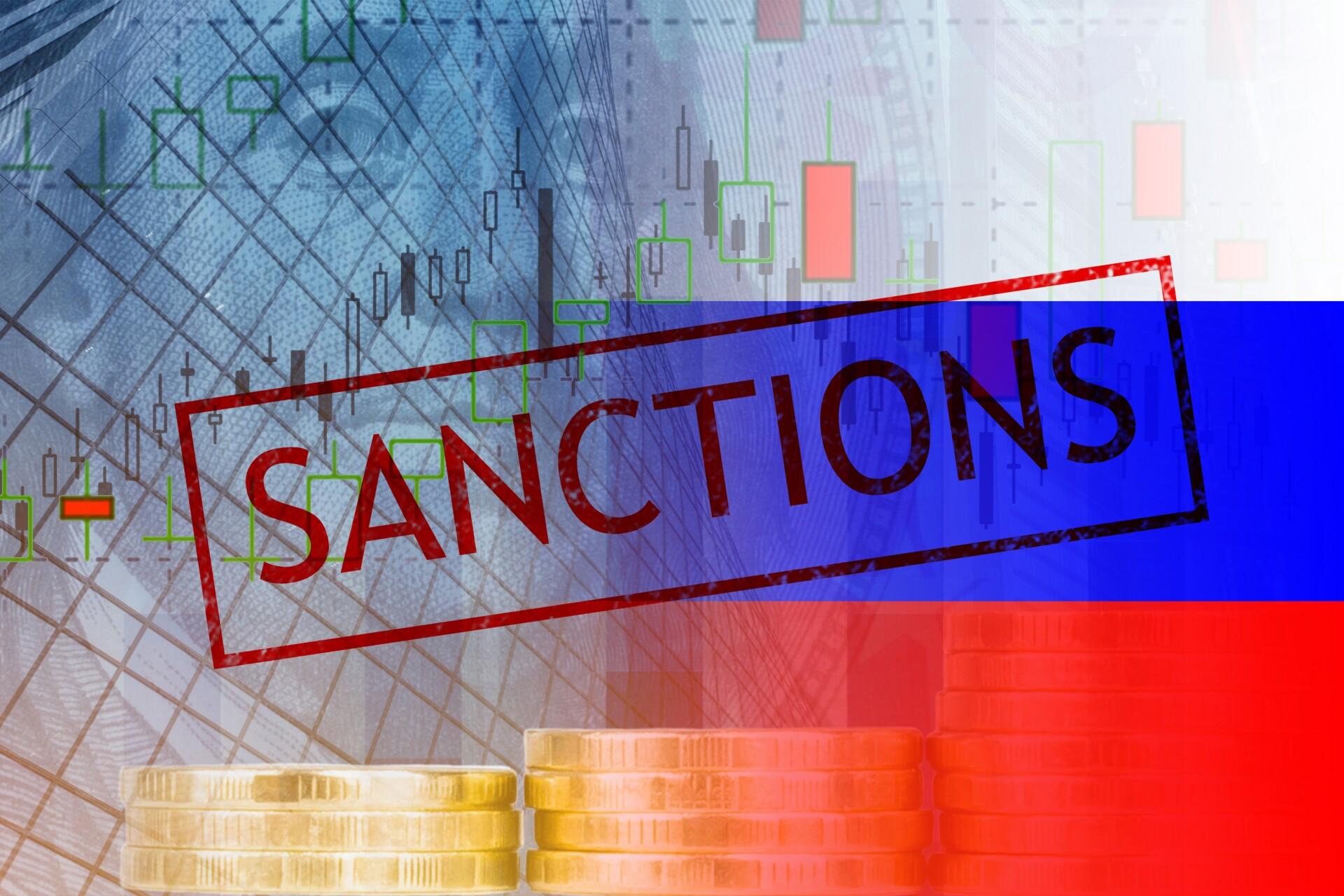
Russia offset the loss of the European market by selling more oil and natural gas to India, China and other Southeast Asian countries, with oil production levels in the country increasing and foreign commodity exports reaching $591.5 billion in 2022, the highest in the country’s history.
Russian government revenues from the sale of oil and gas in 2022 were 34% higher than in 2021, and Gazprom recorded a record net profit of more than 2.5 trillion rubles in just the first half of 2022 because of extensive sales in Southeast Asia.[11]
The above numbers point to the failure of the U.S. sanctions policy, which has had ripple effects on the global economy and is helping to accelerate the transition to a multi-polar world order that is long overdue.

-
A case could also be made that Cuba is the most sanctioned country in the world, as it has suffered through 60 years of an embargo. ↑
-
These companies include: Shell, BP, Apple, GE, McDonald’s, Mastercard and Visa. ↑
-
Angela Borozna and Lada Kochtcheeva, The War By Other Means: The War By Other Means: Western Sanctions on Russia and Moscow’s Response (New York: Palgrave Macmillan, forthcoming). ↑
-
Borozna and Kochtcheeva, The War By Other Means. ↑
-
Alfred De Zayas, a former senior lawyer with the Office of the UN High Commissioner for Human Rights characterizes sanctions in general as “a form of state terrorism and a crime against humanity for the purpose of Article 7 of the Statute of Rome. Alfred De Zayas, The Human Rights Industry: Reflections of a Veteran Human Rights Defender (Atlanta: Clarity Press, 2023), xvii. ↑
-
Russia has also been able to gain access to key technologies through trade with Turkey, UAE and other countries that have helped it to circumvent the sanctions. ↑
-
Borozna and Kochtcheeva, The War By Other Means, 52. See also Fadi Lama, Why the West Can’t Win: From Bretton Woods to a Multipolar World (Atlanta: Clarity Press Inc., 2023), 182, 184. Russia’s economy has grown more than tenfold under Putin’s rule, accounting for Putin’s popularity in Russia. ↑
-
See John Helmer, Skripal in Prison (John Helmer, 2020); Jacques Baud, The Navalny Case: Conspiracy to Serve Foreign Policy (Paris: Max Milo, 2023). ↑
-
Borozna and Kochtcheeva, The War By Other Means, 60. ↑
-
Borozna and Kochtcheeva, The War By Other Means. ↑
-
Borozna and Kochtcheeva, The War By Other Means. ↑
CovertAction Magazine is made possible by subscriptions, orders and donations from readers like you.
Blow the Whistle on U.S. Imperialism
Click the whistle and donate
When you donate to CovertAction Magazine, you are supporting investigative journalism. Your contributions go directly to supporting the development, production, editing, and dissemination of the Magazine.
CovertAction Magazine does not receive corporate or government sponsorship. Yet, we hold a steadfast commitment to providing compensation for writers, editorial and technical support. Your support helps facilitate this compensation as well as increase the caliber of this work.
Please make a donation by clicking on the donate logo above and enter the amount and your credit or debit card information.
CovertAction Institute, Inc. (CAI) is a 501(c)(3) non-profit organization and your gift is tax-deductible for federal income purposes. CAI’s tax-exempt ID number is 87-2461683.
We sincerely thank you for your support.
Disclaimer: The contents of this article are the sole responsibility of the author(s). CovertAction Institute, Inc. (CAI), including its Board of Directors (BD), Editorial Board (EB), Advisory Board (AB), staff, volunteers and its projects (including CovertAction Magazine) are not responsible for any inaccurate or incorrect statement in this article. This article also does not necessarily represent the views the BD, the EB, the AB, staff, volunteers, or any members of its projects.
Differing viewpoints: CAM publishes articles with differing viewpoints in an effort to nurture vibrant debate and thoughtful critical analysis. Feel free to comment on the articles in the comment section and/or send your letters to the Editors, which we will publish in the Letters column.
Copyrighted Material: This web site may contain copyrighted material the use of which has not always been specifically authorized by the copyright owner. As a not-for-profit charitable organization incorporated in the State of New York, we are making such material available in an effort to advance the understanding of humanity’s problems and hopefully to help find solutions for those problems. We believe this constitutes a ‘fair use’ of any such copyrighted material as provided for in section 107 of the US Copyright Law. You can read more about ‘fair use’ and US Copyright Law at the Legal Information Institute of Cornell Law School.
Republishing: CovertAction Magazine (CAM) grants permission to cross-post CAM articles on not-for-profit community internet sites as long as the source is acknowledged together with a hyperlink to the original CovertAction Magazine article. Also, kindly let us know at info@CovertActionMagazine.com. For publication of CAM articles in print or other forms including commercial internet sites, contact: info@CovertActionMagazine.com.
By using this site, you agree to these terms above.
About the Author

Jeremy Kuzmarov holds a Ph.D. in American history from Brandeis University and has taught at numerous colleges across the United States. He is regularly sought out as an expert on U.S. history and politics for radio and TV programs and co-hosts a radio show on New York Public Radio and on Progressive Radio News Network called “Uncontrolled Opposition.”
He is Managing Editor of CovertAction Magazine and is the author of six books on U.S. foreign policy, including Obama’s Unending Wars (Clarity Press, 2019), The Russians Are Coming, Again, with John Marciano (Monthly Review Press, 2018), Warmonger. How Clinton’s Malign Foreign Policy Launched the U.S. Trajectory From Bush II to Biden (Clarity Press, 2023); and with Dan Kovalik, Syria: Anatomy of Regime Change (Baraka Books, 2025).
Besides these books, Kuzmarov has published hundreds of articles and contributed to numerous edited volumes, including one in the prestigious Oxford History of Counterinsurgency .
He can be reached at jkuzmarov2@gmail.com and found on substack here.

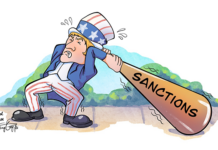
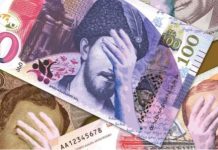
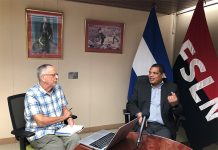
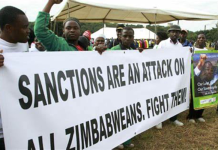
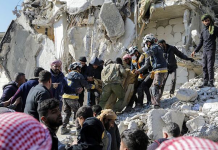
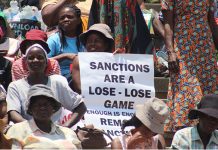


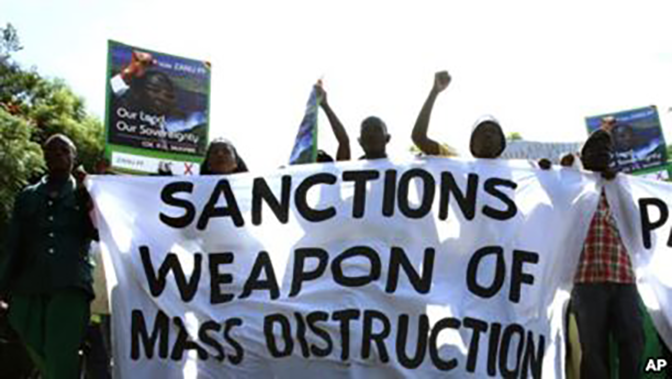

The Russians must be laughing their asses off over this, the more sanctions the “collective west” piles on the stronger Russia seems to become.